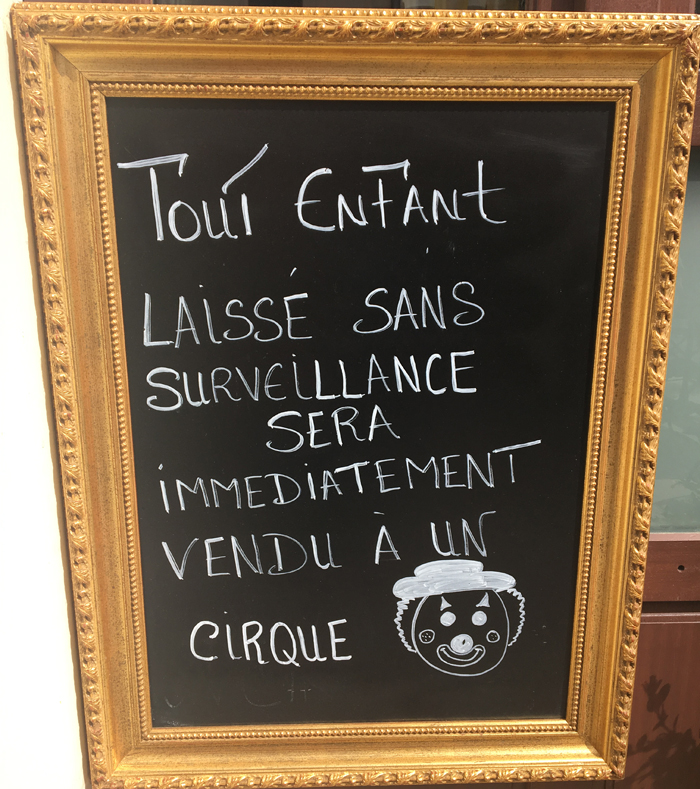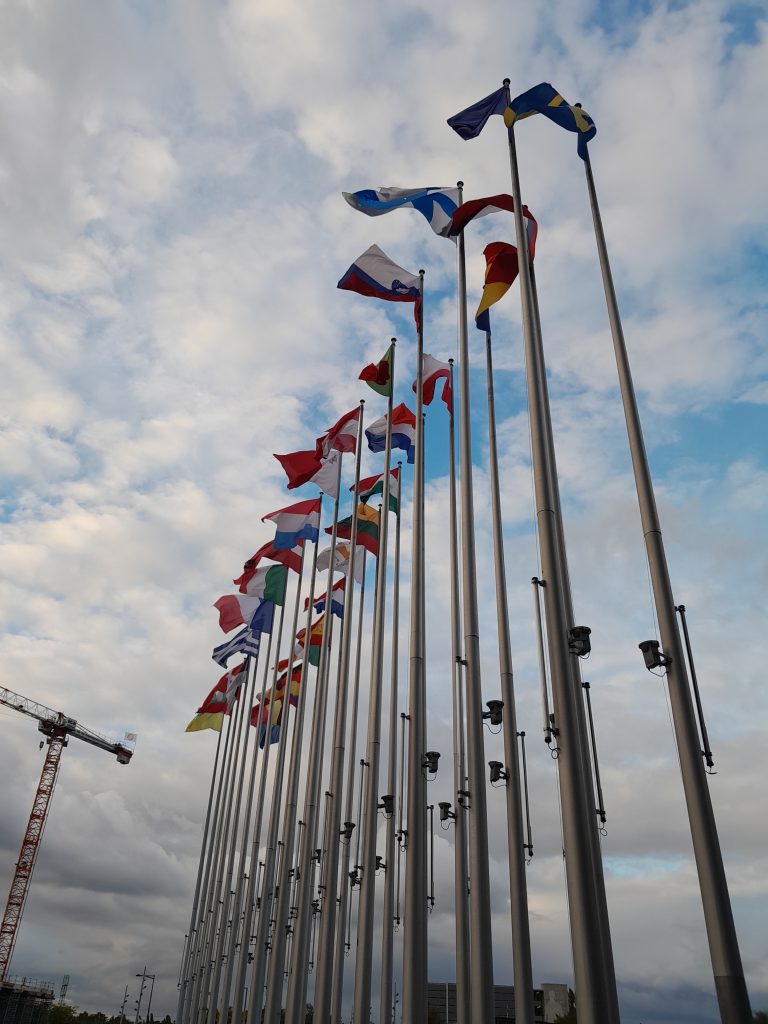By Robin Humphrey
By 19 June each year, we expect to have seen the arrival of summer. Not this year. We had to wait a little while longer for some decent sunshine and aestival temperatures. But good things come to those who wait, so the saying goes, and indeed ITI FrenchNet offered group members an alternative good thing in the form of a specialisation panel discussion webinar – this time on legal translation and what it’s like to work as a legal translator.
Before the session started, I’d imagined questions attendees may have wanted to ask:
- How do I enter this specialised domain of translation?
- Do I need formal legal qualifications?
- Is AI affecting this domain greatly?
- What does “it pays well” mean in practice?
The events team had done another wonderful job of gathering three expert panel members to relay their experience in the sector.
Andrew Leigh, Eddie Lepante and Mathilde Grignon all spoke about their individual journeys. Each one of our speakers had distinctly different tales to tell of how they became legal translators, which were each equally appealing, and all three translators are highly specialised and successful. The chat format works really well and I learned a lot from having legal translation experience conveyed via a relaxed coffee morning panel discussion.
It’s a simple format where each panel member is asked the same question; each one provides an individual answer and attendees then split into break-out rooms for informal discussion.
The questions and the format were pretty easy-going – after all, this was billed as a chat, not a prim and proper presentation. It lasted 90 minutes, with 60 minutes of panel discussion and a 30-minute breakout period with 2 or 3 smaller groups through which attendees rotated.
Our speakers Andrew, Eddie and Mathilde were provided in advance with questions to structure what they had to say on the day:
- What were your beginnings as a legal translator, and do you have a sub-specialism, such as contract, Spanish succession, French litigation or German employment law?
- Do you have a typical client?
- Have you had any particularly challenging projects, and how do you cope with them?
- What pricing strategy do you have, and can you provide an example of how you have applied it?
- Have you noticed a change to your work over the years?
- How do you see the future in your particular sector?
I gained a huge amount personally from this panel discussion, as I work largely in a fusion of financial and legal translation (French to English), which involves anything from providing translations of forms, birth certificates, bank statements, share certificates, source of income evidence and the like to Articles of Association, regulatory change management texts, mandatory reporting and surveyors’ reports on large business real estate valuations. It was so interesting to see the wide range of work that my colleagues are involved in (and not only the speakers), especially at a time when the focus in the profession can feel rather negative. AI is here. It is having an effect, but it’s nowhere near being in a position to take our jobs. That’s one of the messages I took from this wonderfully stimulating and useful panel discussion.
Thank you to everyone involved.
Robin Humphrey lives in the West Midlands and has been a French to English translator and interpreter for over 15 years. He helps international businesses translate financial and operational information for regulatory authorities.



